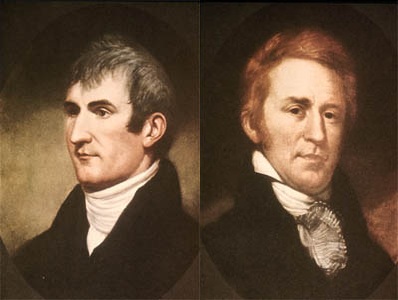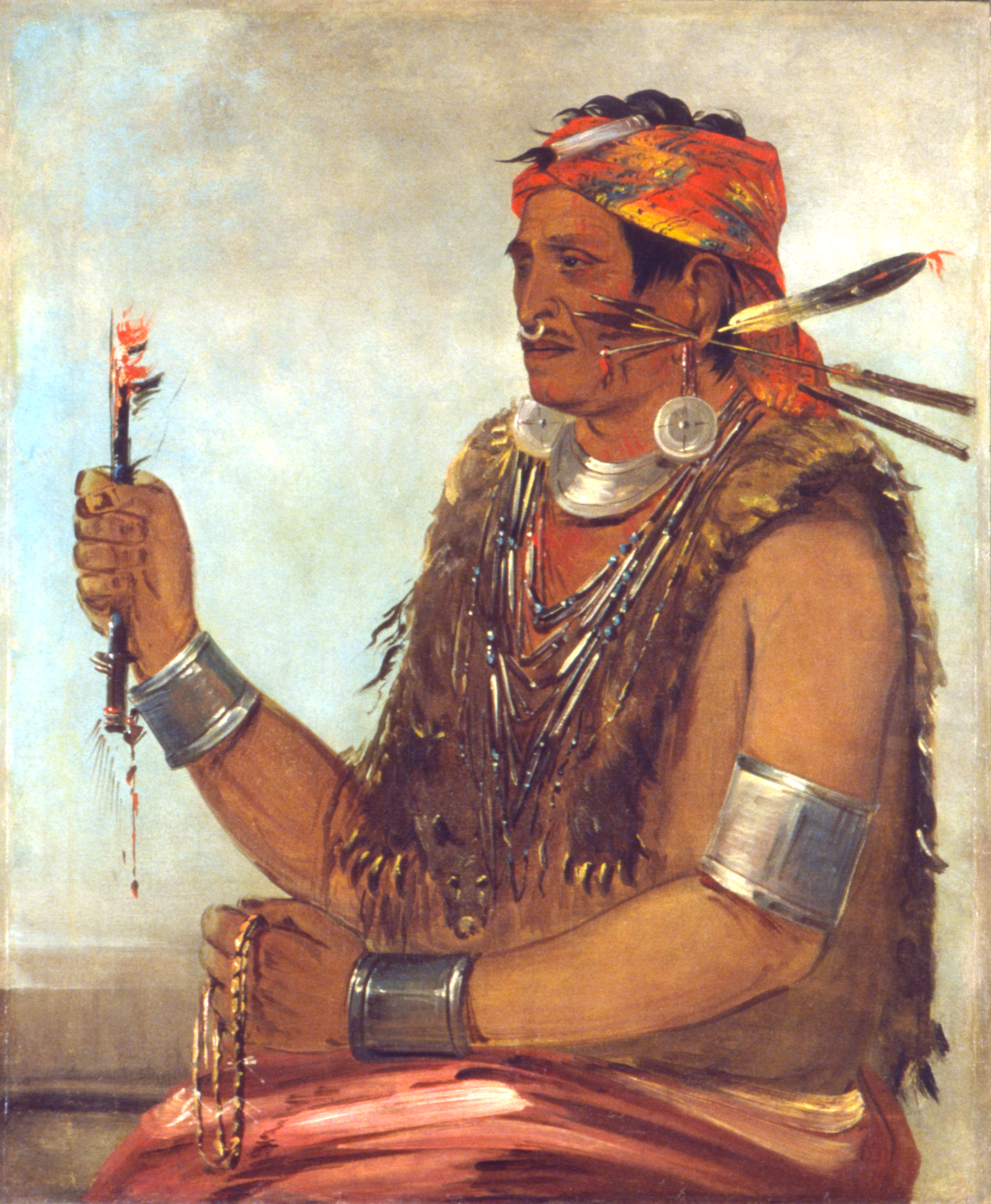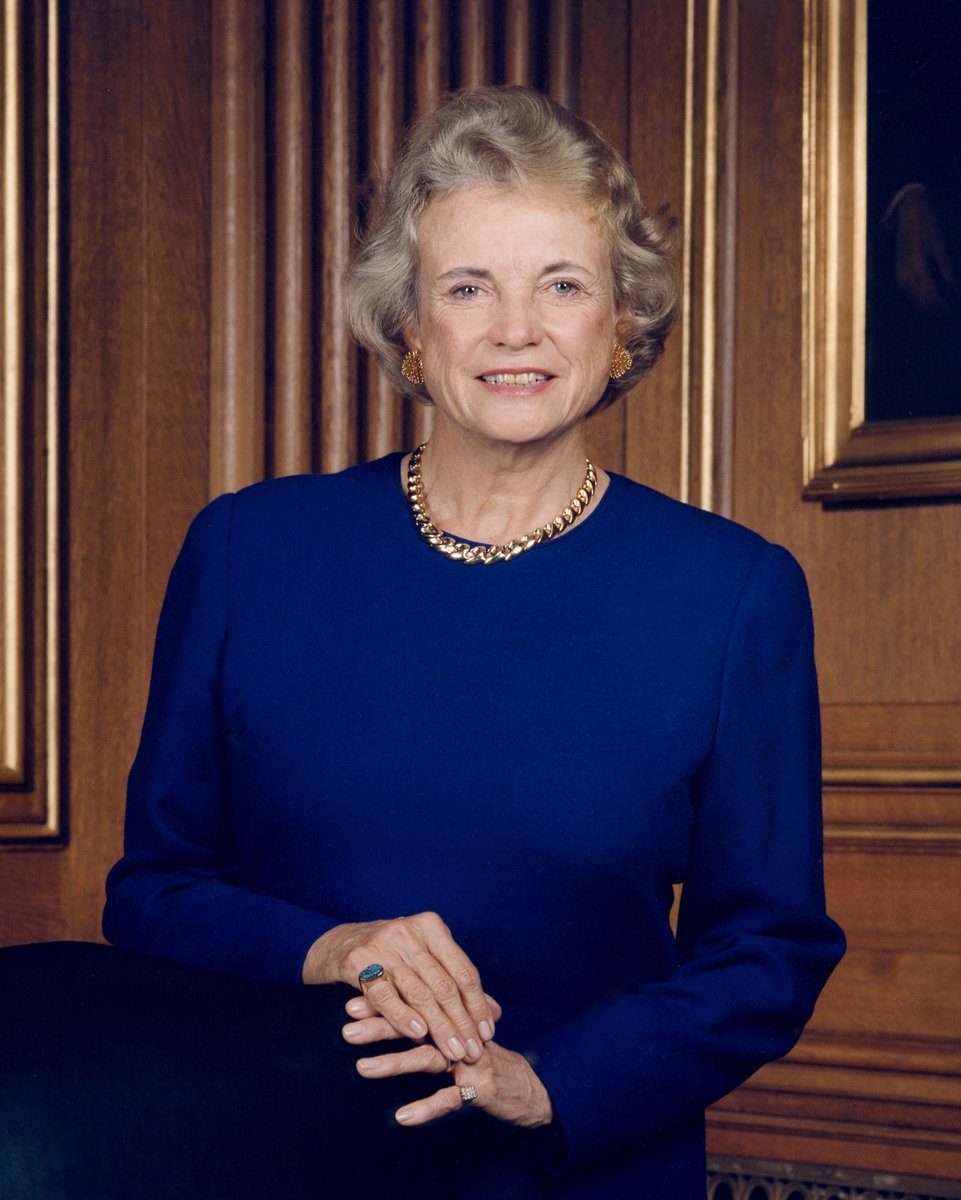|
Treaty With Tripoli (1805)
The 1805 Treaty of Tripoli (''Treaty of Peace and Amity between the United States of America and the Bey and Subjects of Tripoli of Barbary'') was signed on June 4, 1805, ending the First Barbary War. It was negotiated by Tobias Lear, an ardent Jeffersonian republican, and took effect April 12, 1806 with the signature of President Thomas Jefferson. The United States agreed to abandon Derna (a provincial capital in eastern Libya occupied during the war) and not to supply its mercenary allies who supported Ahmad Karamanli, the brother of Pasha Yusuf Karamanli, in his claim to be the legitimate ruler of Tripoli. The pasha agreed in return to release Ahmad's wife and children, whom he was holding hostage. The treaty also provided for an exchange of prisoners, primarily of the 297-man crew of the '' USS Philadelphia'' in exchange for 89 prisoners held by the U.S., and for a $60,000 payment by the U.S. to Tripoli due to the difference in numbers of prisoners exchanged. The treat ... [...More Info...] [...Related Items...] OR: [Wikipedia] [Google] [Baidu] |
Treaty Of Tripoli
The Treaty of Tripoli (''Treaty of Peace and Friendship between the United States of America and the Bey and Subjects of Tripoli of Barbary'') was signed in 1796. It was the first treaty between the United States and Tripoli (now Libya) to secure commercial shipping rights and protect American ships in the Mediterranean Sea from local Barbary pirates. It was authored by Joel Barlow, an ardent Jeffersonian republican, and signed in Tripoli on November 4, 1796, and at Algiers (for a third-party witness) on January 3, 1797. It was ratified by the United States Senate unanimously without debate on June 7, 1797, taking effect June 10, 1797, with the signature of President John Adams. The treaty was broken by Tripoli, leading to the First Barbary War. A superseding treaty, the Treaty of Peace and Amity, was signed on June 4, 1805. The Treaty is often cited in discussions regarding the role of religion in United States government for a clause in Article 11 of the English language Am ... [...More Info...] [...Related Items...] OR: [Wikipedia] [Google] [Baidu] |
Yusuf Karamanli
Yusuf (ibn Ali) Karamanli, Caramanli or Qaramanli or al-Qaramanli (most commonly Yusuf Karamanli), (1766 – 1838) was the longest-reigning Pasha of the Karamanli dynasty of Tripolitania (in present-day Libya). He is noted for his role in the Barbary Wars against the United States. Assumption of the throne Born in Tripoli in 1766, Karamanli, a member of the Karamanli dynasty (named after the Karamanids in Turkey), was originally of Turkish origin.. His brother, Hamet Karamanli, was deposed from leadership in 1793 by Ottoman Empire officer Ali Pasha, who proceeded to exile the Karamanli family and claim Ottoman rule over Tripoli. In 1795, Hamet and Yusuf returned to Tripoli, and with the aid of Hammuda Pasha of the neighboring Barbary state of Tunis, recaptured it from Ali Pasha. Yusuf then had his brother exiled to Alexandria, Egypt and claimed the throne for himself. Barbary Wars In 1796, Karamanli drafted and signed the Treaty of Tripoli, which permitted the passage ... [...More Info...] [...Related Items...] OR: [Wikipedia] [Google] [Baidu] |
Bilateral Treaties Of The Ottoman Empire
{{disambig ...
Bilateral may refer to any concept including two sides, in particular: *Bilateria, bilateral animals *Bilateralism, the political and cultural relations between two states *Bilateral, occurring on both sides of an organism ( Anatomical terms of location § Medial and lateral) *Bilateral symmetry, symmetry between two sides of an organism *Bilateral filter, an image processing algorithm * Bilateral amplifier, a type of amplifier * ''Bilateral'' (album), an album by the band ''Leprous'' *Bilateral school, see Partially selective school (England) In England, a partially selective school is one of a few dozen state-funded secondary schools that select a proportion of their intake by ability or aptitude, permitted as a continuation of arrangements that existed prior to 1997. Though treated ... [...More Info...] [...Related Items...] OR: [Wikipedia] [Google] [Baidu] |
9th United States Congress
The 9th United States Congress was a meeting of the legislative branch of the United States federal government, consisting of the United States Senate and the United States House of Representatives. It met in Washington, D.C. from March 4, 1805, to March 4, 1807, during the fifth and sixth years of Thomas Jefferson's presidency. The apportionment of seats in the House of Representatives was based on the Second Census of the United States in 1800. Both chambers had a Democratic-Republican majority. Major events * March 4, 1805: President Thomas Jefferson begins his second term. * June 1, 1805: First Barbary War ends. * November 7, 1805: Lewis and Clark Expedition arrived at the Pacific Ocean. * September 23, 1806: Lewis and Clark Expedition returned to St. Louis, Missouri, thereby ending the exploration of the Louisiana Territory and the Pacific Northwest. * February 19, 1807: Former Vice President Aaron Burr was tried for conspiracy and acquitted. Major legislation * Marc ... [...More Info...] [...Related Items...] OR: [Wikipedia] [Google] [Baidu] |
Christianity And Law In The 18th Century
Christianity is an Abrahamic monotheistic religion based on the life and teachings of Jesus of Nazareth. It is the world's largest and most widespread religion with roughly 2.38 billion followers representing one-third of the global population. Its adherents, known as Christians, are estimated to make up a majority of the population in 157 countries and territories, and believe that Jesus is the Son of God, whose coming as the messiah was prophesied in the Hebrew Bible (called the Old Testament in Christianity) and chronicled in the New Testament. Christianity began as a Second Temple Judaic sect in the 1st century Hellenistic Judaism in the Roman province of Judea. Jesus' apostles and their followers spread around the Levant, Europe, Anatolia, Mesopotamia, the South Caucasus, Ancient Carthage, Egypt, and Ethiopia, despite significant initial persecution. It soon attracted gentile God-fearers, which led to a departure from Jewish customs, and, after the Fall of Jer ... [...More Info...] [...Related Items...] OR: [Wikipedia] [Google] [Baidu] |
History Of Tripoli, Libya
History (derived ) is the systematic study and the documentation of the human activity. The time period of event before the invention of writing systems is considered prehistory. "History" is an umbrella term comprising past events as well as the memory, discovery, collection, organization, presentation, and interpretation of these events. Historians seek knowledge of the past using historical sources such as written documents, oral accounts, art and material artifacts, and ecological markers. History is not complete and still has debatable mysteries. History is also an academic discipline which uses narrative to describe, examine, question, and analyze past events, and investigate their patterns of cause and effect. Historians often debate which narrative best explains an event, as well as the significance of different causes and effects. Historians also debate the nature of history as an end in itself, as well as its usefulness to give perspective on the problems of the p ... [...More Info...] [...Related Items...] OR: [Wikipedia] [Google] [Baidu] |
Libya–United States Relations
Libya–United States relations are the bilateral relations between the State of Libya and the United States of America. Relations are today cordial and cooperative, with particularly strong security cooperation only after the 2012 attack on the US liaison office or mission in Benghazi. Furthermore, a Gallup poll conducted in March and April 2012 found that Libyans had "among the highest approval" of US leadership in the entire Middle East and North Africa region. However, for decades prior to the 2011 Libyan Civil War, the countries were not on good terms and engaged each other in several military skirmishes. The Libyan government of Muammar Gaddafi funded terror operations against the United States, most notably the 1986 Berlin discotheque bombing, to which the United States retaliated by bombing Libya, and the 1988 Lockerbie bombing. When the Libyan civil war broke out in 2011, the United States took part in a military intervention in the conflict, aiding anti-Gaddafi ... [...More Info...] [...Related Items...] OR: [Wikipedia] [Google] [Baidu] |
History Of Religion In The United States
Religion in the United States began with the religions and spiritual practices of Native Americans. Later, religion also played a role in the founding of some colonies, as many colonists, such as the Puritans, came to escape religious persecution. Historians debate how much influence religion, specifically Christianity, had on the American Revolution. Many of the Founding Fathers were active in a local church; some of them had deist sentiments, such as Thomas Jefferson, Benjamin Franklin, and George Washington. Some researchers and authors have referred to the United States as a "Protestant nation" or "founded on Protestant principles," specifically emphasizing its Calvinist heritage. Others stress the secular character of the American Revolution and note the secular character of the nation's founding documents. African Americans were very active in forming their own churches, most of them Baptist or Methodist, and giving their ministers both moral and political leadership roles ... [...More Info...] [...Related Items...] OR: [Wikipedia] [Google] [Baidu] |
Separation Of Church And State In The United States
"Separation of church and state" is a metaphor paraphrased from Thomas Jefferson and used by others in discussions regarding the Establishment Clause and Free Exercise Clause of the First Amendment to the United States Constitution which reads: "Congress shall make no law respecting an establishment of religion, or prohibiting the free exercise thereof..." The principle is paraphrased from Thomas Jefferson's "separation between Church & State." It has been used to express the understandings of the intent and function of this amendment, which allows freedom of religion. It is generally traced to a January 1, 1802, letter by Jefferson, addressed to the Danbury Baptist Association in Connecticut, and published in a Massachusetts newspaper. Jefferson wrote, Jefferson reflects other thinkers, including Roger Williams, a Baptist Dissenter and founder of Providence, Rhode Island. He wrote: In keeping with the lack of an established state religion in the United States, unlike in ma ... [...More Info...] [...Related Items...] OR: [Wikipedia] [Google] [Baidu] |
Bilateral Treaties Of The United States
{{disambig ...
Bilateral may refer to any concept including two sides, in particular: * Bilateria, bilateral animals *Bilateralism, the political and cultural relations between two states *Bilateral, occurring on both sides of an organism ( Anatomical terms of location § Medial and lateral) * Bilateral symmetry, symmetry between two sides of an organism *Bilateral filter, an image processing algorithm * Bilateral amplifier, a type of amplifier * ''Bilateral'' (album), an album by the band ''Leprous'' *Bilateral school, see Partially selective school (England) In England, a partially selective school is one of a few dozen state-funded secondary schools that select a proportion of their intake by ability or aptitude, permitted as a continuation of arrangements that existed prior to 1997. Though treated ... [...More Info...] [...Related Items...] OR: [Wikipedia] [Google] [Baidu] |
Barbary Wars
The Barbary Wars were a series of two wars fought by the United States, Sweden, and the Kingdom of Sicily against the Barbary states (including Tunis, Algiers, and Tripoli) of North Africa in the early 19th century. Sweden had been at war with the Tripolitans since 1800 and was joined by the newly independent US. The First Barbary War extended from 10 May 1801 to 10 June 1805, with the Second Barbary War lasting only three days, ending on 19 June 1815. The wars were largely a reaction to piracy carried out by the Barbary states. Since the 16th century, Muslim pirates operating out of North Africa had captured ships and even raided cities across the Mediterranean Sea. By the 19th century, pirate activity had declined, but Barbary pirates continued to demand tribute from American merchant vessels in the Mediterranean. Refusal to pay would result in the capturing of American ships and goods, and often the enslavement or ransoming of crew members. After Thomas Jefferson became p ... [...More Info...] [...Related Items...] OR: [Wikipedia] [Google] [Baidu] |
1806 Treaties
Eighteen or 18 may refer to: * 18 (number), the natural number following 17 and preceding 19 * one of the years 18 BC, AD 18, 1918, 2018 Film, television and entertainment * ''18'' (film), a 1993 Taiwanese experimental film based on the short story ''God's Dice'' * ''Eighteen'' (film), a 2005 Canadian dramatic feature film * 18 (British Board of Film Classification), a film rating in the United Kingdom, also used in Ireland by the Irish Film Classification Office * 18 (''Dragon Ball''), a character in the ''Dragon Ball'' franchise * "Eighteen", a 2006 episode of the animated television series '' 12 oz. Mouse'' Music Albums * ''18'' (Moby album), 2002 * ''18'' (Nana Kitade album), 2005 * '' 18...'', 2009 debut album by G.E.M. Songs * "18" (5 Seconds of Summer song), from their 2014 eponymous debut album * "18" (One Direction song), from their 2014 studio album ''Four'' * "18", by Anarbor from their 2013 studio album '' Burnout'' * "I'm Eighteen", by Alice Cooper commo ... [...More Info...] [...Related Items...] OR: [Wikipedia] [Google] [Baidu] |

.jpg)


